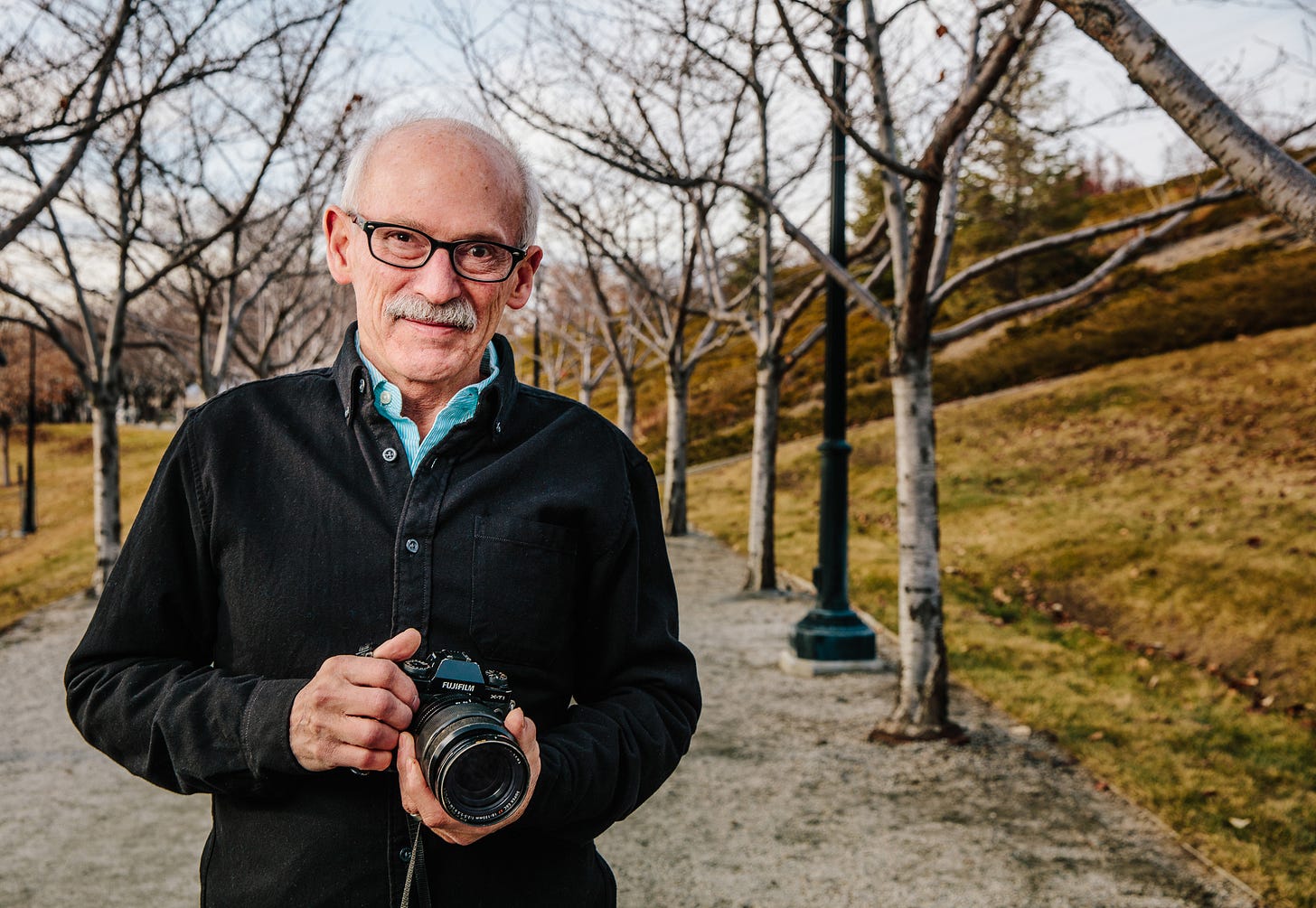by Connor Wolfe
All Photos courtesy of Stephen Trimble. All Rights Reserved.
Stephen Trimble tells stories—in words and photographs—about the land and people of the West. Trimble has taught in the Honors College and Environmental Humanities program at the University of Utah and spent a year as a Wallace Stegner Centennial Fellow at the University of Utah’s Tanner Humanities Center. Steve was born in Denver, his family’s base for roaming the West with his geologist father. After a liberal arts education at Colorado College, he worked as a park ranger in Colorado and Utah, earned a master’s degree in ecology at the University of Arizona, served as director of the Museum of Northern Arizona Press, and for five years lived near San Ildefonso Pueblo in northern New Mexico. Steve often serves as a consultant and writer for the conservation community, including a year with The Nature Conservancy’s Colorado Plateau Conservation Initiative and a collaboration with the Southern Utah Wilderness Al…



